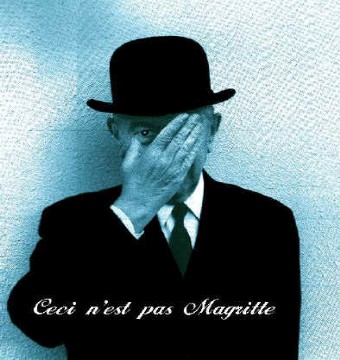Redaction Tape Is Mightier Than the Pen
In a NYT article today, it was reported that the International Court of Justice did not have full access to documents that were produced by Serbia in the criminal trial of Slobodan Milosevic at the International Criminal Tribunal fo the Former Yugoslavia. While the lawyers and judges involved in Milosevic's trial had full access, Serbia had only produced them on the condition that designated portions not become part of the public record.
These documents included minutes of military and political meetings during the Yugoslav conflict. While the ICJ had some access, Serbia had gone through the produced documents and redacted and/or censored portions that were "sensitive to national security." Some have posited, that if the ICJ would have had full access, then they would have been more likely to find Serbia liable for genocide as the documents showed that official Serbian authorities were directly involved in the planning and execution of the massacre at Srebrenica.
On the one hand, but for the confidentiality agreement, it is unlikely that Serbia would have turned any of those documents over at all, or at least would have put up a bigger fight than it did when it produced them to the ICTY. But at the same time, allowing a state to redact information that might implicate it had committed genocide from the public record just disgusts me. This reminds me of a horrible extension of the argument about the Proposed Rule of Evidence 502 (selective waiver).
I don't know who decided this was a good decision, but I bet if you had asked the families of Bosnian Muslims, they would have preferred to hear that the entire state of Serbia itself had committed genocide and receive damages or monetary satisfaction from Serbia rather than seeing only Slobo go to the pokey for life.
Previous post on ICJ Decision re: Serbia and Genocide


No comments:
Post a Comment